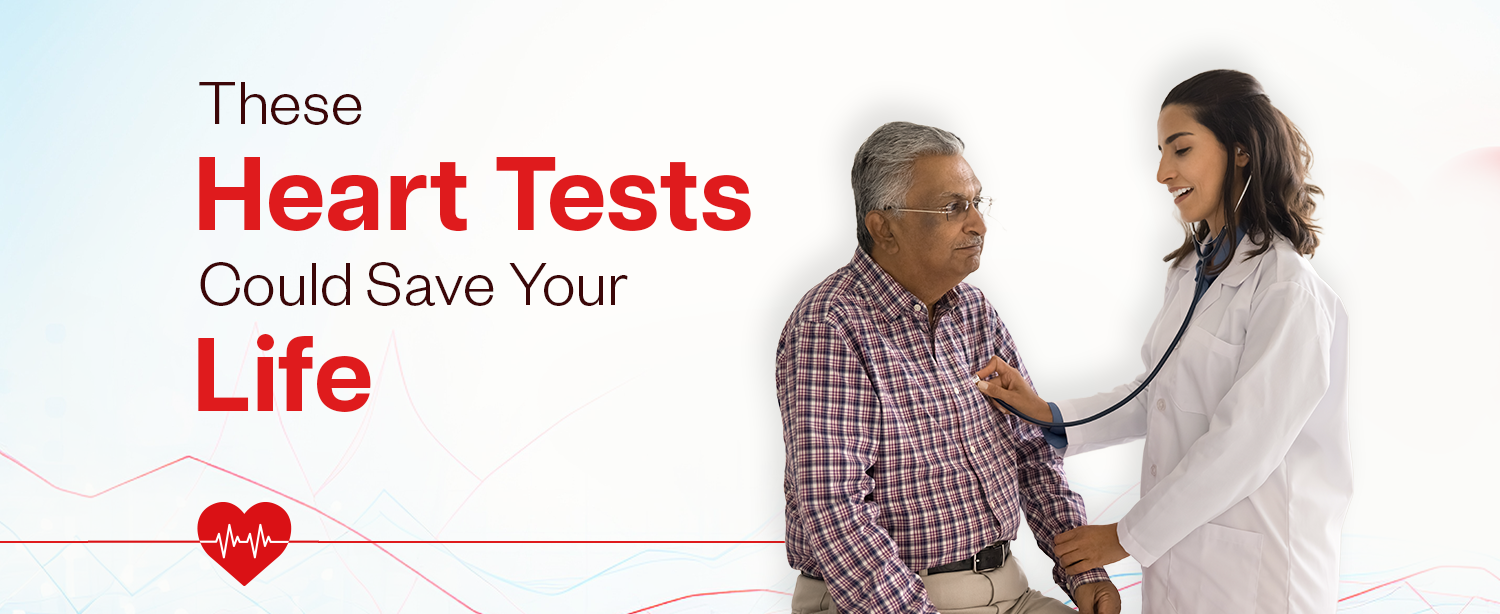Heart disease, often referred to as the silent killer, continues to be one of the most significant health challenges worldwide. However, in India, the situation is particularly alarming, Indians experience heart attacks 10 years earlier than their western counterparts. The prevalence of cardiovascular diseases (CVDs) has reached such levels that over 20% of Indian men and nearly 17% of Indian women lose their lives to these conditions every year. Medical statistic suggest that Indians face a 20-50% higher mortality rate from coronary artery disease (CAD) compared to other populations.
Table of Contents
Understanding the Importance of the Heart
The heart is one of the most essential organs in the human body, functioning tirelessly to pump blood to vital systems. Positioned between the lungs and protected by the rib cage, the heart works 24/7—even while we sleep—to circulate oxygen, nutrients, and remove waste products. With every beat, it supports the body’s overall functioning, emphasizing the importance of taking care of this vital organ.
Critical Heart Tests You Should Know
The key to prevention lies in early detection, which is possible through a variety of heart tests. Let’s explore some of the most important cardiac tests that could potentially save your life.
- Blood Tests
Blood tests are a foundational part of heart health assessments. These tests help measure levels of cholesterol, blood sugar, and other critical components like triglycerides. High cholesterol and glucose levels can lead to the build-up of fatty deposits in the arteries, increasing the risk of heart attacks. People with diabetes, obesity, or hypertension are particularly vulnerable to heart diseases, making routine blood tests vital for monitoring heart health. - Electrocardiogram (ECG)
An electrocardiogram, or ECG, is a non-invasive test that records the electrical activity of your heart. It helps doctors detect abnormal heart rhythms (arrhythmias), signs of a heart attack, or structural heart problems. ECGs are a standard test prescribed by cardiologists to gauge how efficiently your heart is functioning. The test involves attaching small electrodes to your chest, arms, and legs to record electrical signals from your heart. - Exercise Stress Test
The exercise stress test, also known as a treadmill test, assesses how well your heart performs under physical stress. During the test, you will walk or jog on a treadmill while connected to an ECG machine, which monitors your heart’s electrical activity, blood pressure, and heart rate. This test helps determine how your heart functions during exertion and can reveal issues such as blockages or decreased blood flow to the heart. - Coronary Angiography
Coronary angiography is an invasive procedure used to visualize the blood vessels that supply the heart. It involves inserting a small catheter into an artery in the groin or wrist and threading it to the coronary arteries. A special dye is then injected, and X-rays are taken to detect any blockages or narrowing in the arteries. This test is crucial for diagnosing coronary artery disease and determining the need for procedures such as angioplasty or coronary artery bypass surgery. - Nuclear Cardiac Stress Test
A nuclear cardiac stress test involves the injection of a radioactive tracer to create images of your heart during physical activity. This test helps doctors assess blood flow to different parts of the heart muscle and can detect areas with reduced blood supply. The images allow cardiologists to pinpoint areas of the heart that may have been damaged by a heart attack or are at risk of future damage. - Cardiac CT Scan
A cardiac CT scan is a non-invasive imaging technique that provides detailed pictures of the heart and blood vessels. It helps detect plaque build-up in the coronary arteries and can identify blockages that may lead to heart attacks. The scan is quick and painless, making it an ideal option for people seeking an early assessment of their heart health.
Why Early Detection Matters
Early detection of heart disease is essential for several reasons:
- Preventive Measures
Regular cardiac screenings allow for lifestyle modifications and medical interventions that can prevent the progression of heart disease. This is particularly important in India, where heart disease is on the rise. - Reduced Risk of Complications
Detecting heart issues early can help reduce the risk of serious complications such as heart attacks, strokes, and heart failure. - Improved Quality of Life
Early diagnosis and treatment of heart disease can significantly improve symptoms and overall heart function, leading to a better quality of life for patients. - Cost-Effective Treatment
Treating heart disease at an early stage can be more cost-effective than managing the complications of advanced heart disease, particularly in India, where healthcare expenses can be a significant burden.
Cardiac Care at Kokilaben Dhirubhai Ambani Hospital
Heart disease remains a leading cause of death in India, but regular screenings and early detection can save lives. If you have a family history of heart disease or other risk factors, consult a cardiologist and make cardiac screening a priority. Our Centre for Cardiac Sciences in Mumbai is committed to delivering comprehensive preventive care to safeguard the heart health of our patients. By focusing on early detection and effective management of cardiac risk factors, we offer a wide range of preventive services, including routine cardiovascular screenings, advanced diagnostic evaluations, and personalized risk assessments. Equipped with state-of-the-art technology, world-class facilities, and a team of expert cardiologists, the Centre for Cardiac Sciences provides exceptional care for patients of all ages. Your heart health is our top priority. For more information, please visit our website: https://www.kokilabenhospital.com/departments/centresofexcellence/centrefor_cardiacsciences.html


